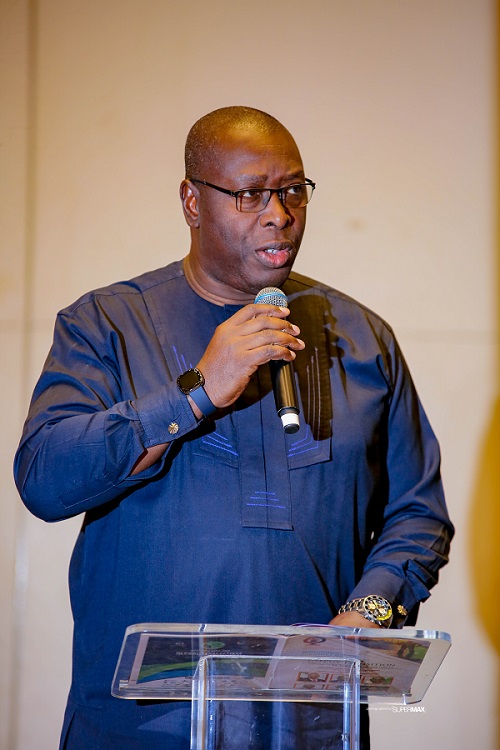Mr. Clement Isong, MOMAN CEO
The Petroleum Industry Act, 2021 is an excellent piece of legislation which was extremely well thought through. We are now at the point of implementation, which is taking a bit longer than hoped but this is not necessarily a bad thing. The President postponed the implementation of free market pricing, which has caused a slowdown with respect to benefits expected from free competitive open market pricing, such as new investments and subsidy removal.
The PIA has given the petroleum downstream industry a regulator; the NMDPRA. The Authority has taken a while to rebuild and restructure, being the outcome of the defunct merged organizations (DPR, PPPRA and PEF), which were institutions with various and different expertise. The Authority has looked inward these organizations for experts in the various fields but has also gone external to work with experts and consultants. Importantly, we now have an era of consultation with the industry that is unprecedented.
Regulations have been rolled out for consultations and discussions by The Authority. We are very hopeful as an industry that we are headed in the right direction. We were also very convinced that gas (the decade of gas was declared by the Federal Government in January 2021) is clearly the way forward. However, the increase in gas prices worldwide and the unavailability of the product has made it a little more difficult in the roll out. The ordinary Nigerian who was meant to transit to gas not just for cooking but also for powering automobiles and power generation is struggling and because PMS pricing is yet to be fully deregulated it creates an aberration and additional challenge for the adoption of gas, as most people are still dependent on cheap PMS for their cars and generators.
It will remain extremely difficult to wean Nigerians off cheap PMS. It is something that must be done as there are no more viable options. We are told that this year the subsidy bill to the Government may be between 5 trillion and 6 trillion Naira. Clearly, Nigeria cannot afford this. To wean Nigeria off this subsidy, a lot of investment must be done to sensitize Nigerians in convincing them and finding alternatives. We need to begin to remove the subsidy and mitigate the pains Nigerians will feel when petroleum prices begin to manifest their true value.
The regulator has an important role to play in guiding our future but ultimately, the best regulator is the market. The market regulates prices if you are too expensive people would not buy from you. The market regulates quality as well as customer service. The market also rewards the best in class.
We need to move to an era of transparency and information dissemination. Energy correspondents need to share as much information as possible with the market and public with respect to cost prices, quality, product specifications, customer service and pump prices. That is the best regulation you can ask for.
Following these remarks, a few panelists present alluded to the point that Nigerians mostly agree with price deregulation. They however noted that the Government must cut its costs to reflect present economic realities and adjust just like ordinary Nigerians who are feeling the pinch. The Government cannot be seen as spending ostentatiously whilst asking ordinary Nigerians to tighten their belts. This comment drew large agreement from panelists and participants alike.
MOMAN Chairman’s Remark was presented at a panel session on Energy Transition, PIA, petroleum pricing and the way forward for the downstream sector at the NAEC Strategic Conference held in Lagos by MOMAN’s CEO, Mr. Clement Isong.


Comment here